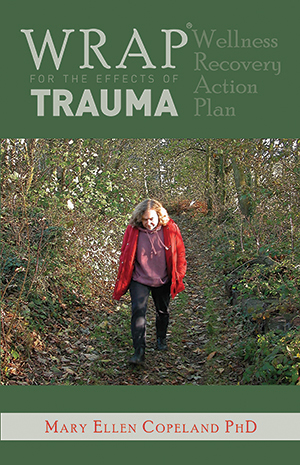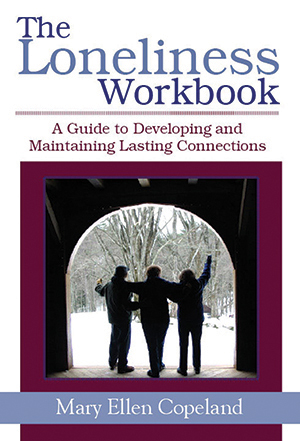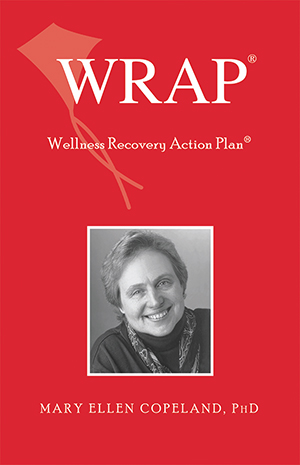By using the When Things are Breaking Down section of your WRAP, you can Avoid a Crisis.
Following is an excerpt from the WRAP and Peer Support Handbook
“When Things are Breaking Down” is another way of saying “when things have gotten much worse”. Many people, including myself, have used this section intensively to “Avoid a Crisis” and all of the possible related traumas and repercussions of a Crisis. I have been successful in using this section to avoid a Crisis since the development of WRAP in 1997. Using Peer Support, both in groups and with a peer supporter, I have uncovered new tools and strategies that work better and better for me in theses difficult time. I include them in my on-going revisions of this section of my plan.
If you have reached this point, you may feel really awful; or perhaps you feel wonderful, but your peers are telling you that your behavior is unusual or troubling. This is an important time. You can make a decision to do something about it. You can decide that you want to Avoid a Crisis and that may be hard, or you can just allow the troubling feelings and behaviors to take control. The choice is up to you.
You may want to begin working on this section by discussing, with your peers, times When Things Were Breaking Down in the past, and looking at what happened just before you felt that way. You might remember that you lost your job, had a hassle about benefits or had a troubling visit with family members. Perhaps you were very overtired or had been eating a lot of junk food. This can help in identifying the signs that Things are Breaking Down and in choosing actions you can take to move through this time and back to feeling the way you want to feel and doing the things you want to do.
When Things are Breaking Down and you want to Avoid a Crisis, the signs are usually obvious to others, or at least you are aware of them. You may still try to ignore them, hope that they will go away or worry that they won’t. I used to ignore them but these days, with all my WRAP experience, I don’t do that. I have a strong commitment to myself, my family and my supporters that I will take the actions I have need to take to Avoid a Crisis.
Read More About Avoiding a Crisis




Mary Ellen Copeland, PhD, developed Wellness Recovery Action Plan (WRAP) with a group of people with lived experience who were attending a mental health recovery workshop in 1997. She is the original author of the WRAP Red Book, as well as dozens of other WRAP books and materials. She has dedicated the last 30 years of her life to learning from people who have mental health issues; discovering the simple, safe, non-invasive ways they get well, stay well, and move forward in their lives; and then sharing what she has learned with others through keynote addresses, trainings, and the development of books, curriculums, and other resources. Now that she is retired, and that, as she intended, others are continuing to share what she has learned, she continues to learn from those who have mental health issues and those who support them. She is a frequent contributor to this site.





